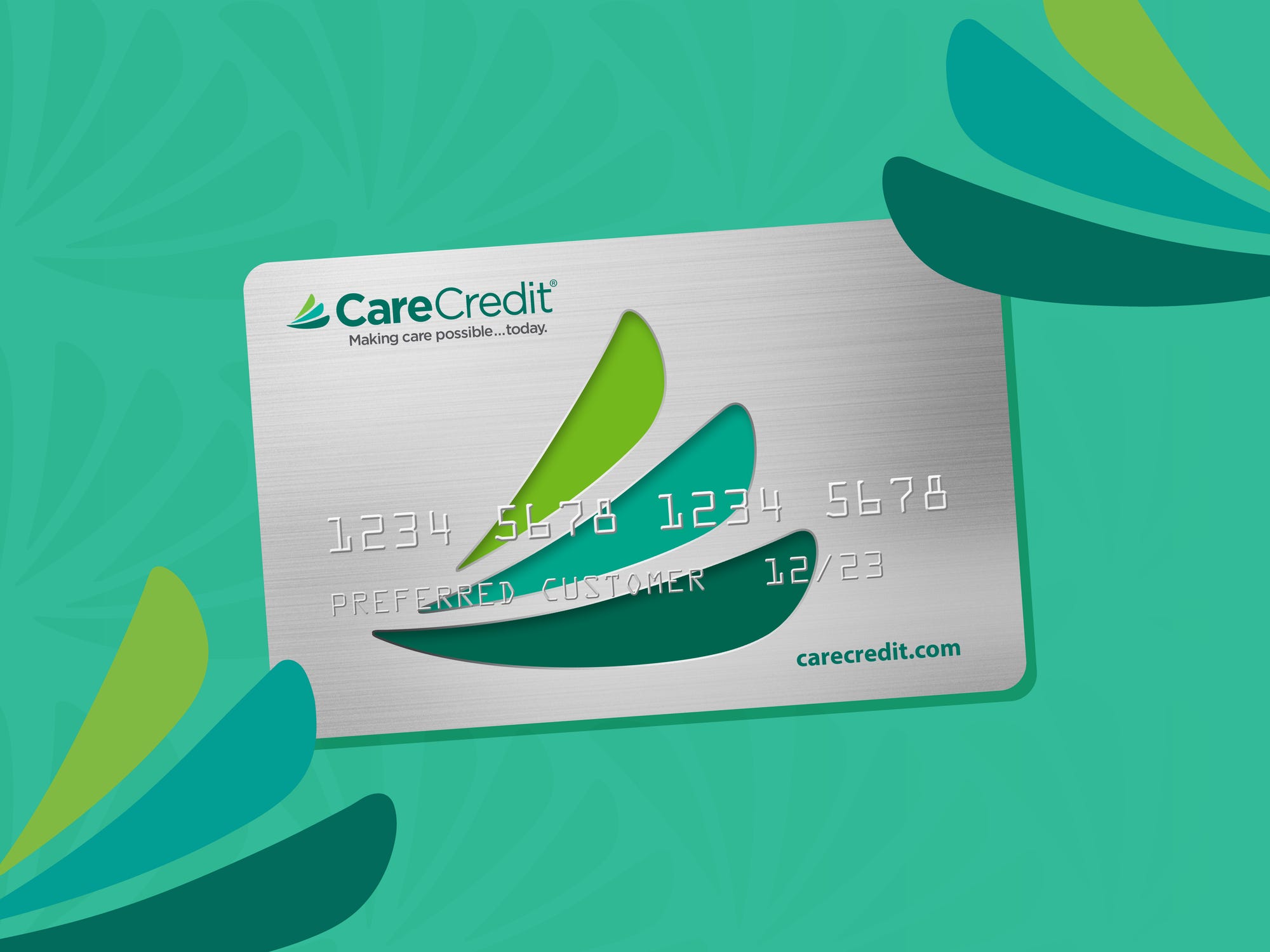Dental crowns are a safe and effective method of fixing teeth with certain problems. In some cases, they might be necessary to save the tooth. Like many dental restorative dental procedures, however, crowns can cost a lot. If the dentist recommends one, how can patients find affordable dental crowns?
What Is a Crown and Why Do I Need One?
Crowns are man-made caps that fit directly over a patient’s tooth. They have a shape that looks and feels just like a real tooth. Once it is permanently attached with dental cement, the patient can talk and eat normally, and others may not even notice there is a difference.
The common reasons why a dentist would suggest a dental crown are:
- When a large portion of a tooth is decayed or made up mostly of dental filling material it will be severely weakened. A crown will restore stability and structure while preventing any more bacteria from entering the tooth.
- Advanced cavities that reach the root of a tooth might need a root canal procedure. This involves emptying and cleaning the pulp chamber in the center of the tooth. A crown to seal off the empty tooth is the final step in the procedure.
- A crown is sometimes a good solution to cover up a damaged tooth. Cracks, chips, or severe discoloration are hidden underneath the false cap.
- Patients getting one or more false teeth in a dental bridge will need dental crowns. The dentist will attach one either side of the tooth gap as anchors for the bridge.
- Dental implants are false teeth that are screwed directly into the jaw bone. A realistic-looking crown sits on top of a titanium post.
It may be difficult to find cheap dental crowns when getting a dental bridge or a dental implant, because the crown is just one small part of an expensive procedure. The dentist doing the reconstructive work may have suggestions to lower the cost of the entire procedure.
A crown for one of the other reasons can sometimes be found at a lower price.
How Much Do Dental Crowns Cost?

Dental crowns cost on average between $800 and $1,800 per tooth. Prices will vary from dentist to dentist and will depend on the part of the country. But the biggest factor in the cost is the material used to make the crown:
Gold. It is not surprising that a gold crown is the most expensive. These will last the longest, but they also are the most noticeable.
If a patient wants their crown to blend in with the rest of the teeth, they can choose from porcelain, porcelain on metal, or resin.
Porcelain. Porcelain looks a lot like real tooth enamel. Although cheaper than gold, it is the most expensive of the other materials. Porcelain is durable but can chip or crack over time.
Porcelain on metal. Porcelain on metal crowns are exactly that: A metal crown coated with porcelain. It is less expensive than porcelain alone, and can be more durable because of the metal base. As time goes on, the porcelain portion can wear down, letting the metal show through.
Resin. Resin is the least expensive material. It is similar to the material used to fill cavities. It might not look as realistic as porcelain, but it will be close. Like porcelain, its color can be matched to the rest of the teeth. The main drawback for resin is that it may wear out quicker. This is especially true for molars that do heavy chewing or might be affected by nighttime teeth grinding.
Finding Affordable Dental Crowns
Be honest with the dentist when cost is an important factor in a decision. Knowing a patient is on a tight budget, they can offer options for more affordable dental crowns.
Materials. As we mentioned above, the cost varies for different crown materials. Unless the dentist has specific reasons for using a particular substance, the patient may be able to choose what they can afford.
Partials/Onlays. A partial crown, also called an onlay, covers only part of the tooth, often just the chewing surface. Using less material than a crown that caps the entire tooth, it can be a cheaper option, provided it covers enough to fix the problem.
Dentist vs. Endodontist. If the crown is part of a root canal, the patient’s regular dentist might be able to perform the procedure. As a specialist in root canals, an endodontist will usually charge more. There are complex cases when it is best to see a specialist, but if the procedure is straightforward, a regular dentist may be able to do it—and place the crown—for less.
Shop Dentists. Dentists base their rates on several factors. Simply by shopping around, patients can sometimes find reputable dentists who can give them a cheaper dental crown. Use our online search tool to find professionals in your area, then call to inquire about their prices.
Ways to Pay for Crowns

Dental insurance will often pay for a portion of a dental crown, as long as it is not just for cosmetic reasons. Patients who have dental insurance can check with their administrator and the dentist to find out their out-of-pocket cost. It is important to note that many insurance policies limit the amount they will pay for procedures each year. It is not usually recommended, but if getting a crown is not an emergency, the dentist might be able to apply a cheaper, temporary crown until the start of the next insurance cycle.
Many dentists offer special discounts (military personnel, first responders) or offers (back to school) that could bring down the cost of crowns. Ask about these as well as payment plans. Many dental practices allow patients to pay over time.
Credit cards like CareCredit give patients a way to pay for medical and dental procedures in installments. Be careful to check the fine print as there could be steep penalties for late payments.
Health Savings Accounts and Flexible Spending Accounts are good options for paying for dental crowns. These programs are offered by some employers. Employees can contribute to an HSA or FSA through a paycheck deduction, then use that money for anything health related—including dental procedures.
Why Cheap Dental Crowns Aren’t Always Best
While it’s understandable that cost is a concern when it comes to dental crowns, patients should not let the price prevent them from getting important dental treatment. Letting decay or a broken tooth go untreated is a bad idea. Problems like these will not go away on their own. Instead, they will get worse and can even spread to other teeth and the gums.
If a dentist recommends a dental crown, talk to them about your cost concerns. Together you will find a solution that will work not only for your teeth, but also for your budget.


